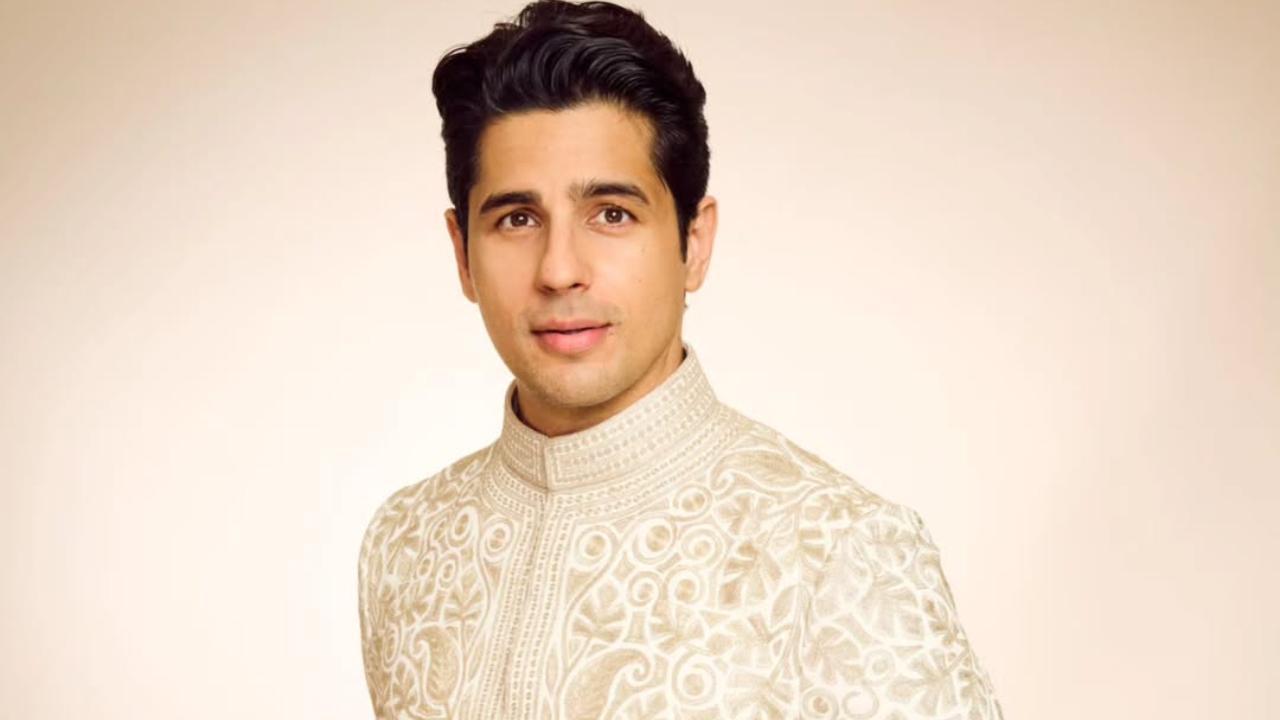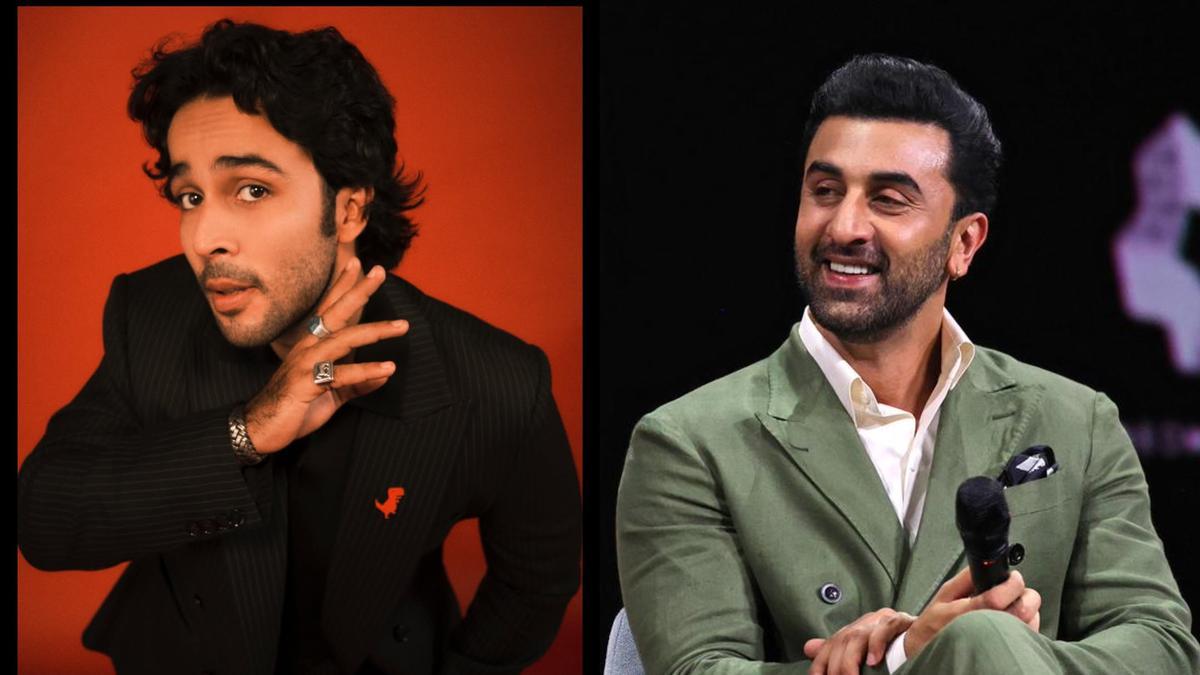
Renowned Hollywood actor Joseph Gordon-Levitt has recently expressed his profound admiration for Indian cinema, citing Sanjay Leela Bhansali’s cinematic masterpiece, “Gangubai Kathiawadi,” as a pivotal influence. During a vibrant session at the IFP (formerly India Film Project) Season 14, the actor shared the stage with Bollywood sensation Rajkummar Rao, where he eagerly discussed his evolving perspective on Indian films.
Widely known for his roles in popular films such as “10 Things I Hate About You,” “500 Days of Summer,” and “Inception,” Gordon-Levitt confessed to the audience that a desire to delve deeper into Indian cinema had been sparked by his encounter with “Gangubai Kathiawadi.” The actor admitted that initially he had trouble recalling the name of the film that had left such a remarkable impression on him. With the help of Rajkummar Rao, who reminded him of the captivating performance of Alia Bhatt, Joseph openly credited the film for igniting his curiosity about the Indian film industry.
“Gangubai Kathiawadi,” a compelling narrative crafted by Bhansali, is based on a chapter from Hussain Zaidi’s enthralling book “Mafia Queens of Mumbai.” Released in 2022, the film features the engaging tale of Gangubai, one of the most powerful and revered madams of Kamathipura during the 1960s, brought to life by the talented Alia Bhatt.
Reflecting on his experience with the film, Joseph Gordon-Levitt marveled at its unique narrative style and visual grandeur. “It was unique, beautiful, completely different from anything I had ever seen before,” he remarked, noting how the film’s ambience resonated deeply with him. “It brought to mind the sophisticated storytelling of a Martin Scorsese movie, fused seamlessly with mesmerizing musical sequences that felt earnest and meticulously crafted. I found myself completely enamoured with this film,” he confessed.
The conversation continued with Gordon-Levitt sharing how “Gangubai Kathiawadi” had inspired him to immerse himself in Indian cinema further. His reflections offered insights into the allure and artistry that Indian films evoke, showcasing his deep appreciation for their cultural richness and storytelling finesse.
. “It’s one of the reasons I wanted to come here. I love what I’m feeling from the culture — a genuine love for movies and artistry. I want to come here and make a movie in India,” he expressed earnestly.
During this engaging exchange, Rao seized the opportunity to invite Gordon-Levitt into the vibrant world of Indian cinema by proposing that he take part in a quintessential song and dance scene, a staple of Bollywood films. Gordon-Levitt’s enthusiastic response came without hesitation, “Yeah,” he replied, indicating not only a keen interest but also an eagerness to embrace the unique elements that define Bollywood.
After the discussion, Rajkummar Rao offered a light-hearted cultural exchange by teaching Gordon-Levitt the hook step from the hit song “Kati Raat Maine Kheto Mein,” a popular number from Rao’s latest film, “Stree 2.” The Hollywood star gamely participated, delightedly mimicking the steps. His involvement didn’t stop there; he also tried his hand at performing the traditional garba dance move to the upbeat track “Chogada” from the film “Loveyatri.”
The interaction at the IFP event was not just a meeting of two film personalities from different cinematic worlds, but a vibrant fusion of cultures. Gordon-Levitt’s willingness to explore and engage with Indian cinema reflects a broader trend of interconnectedness in the global film industry, where stories, emotions, and artistry transcend borders to create a shared language of cinematic excellence.
Joseph Gordon-Levitt’s revelation and his enthusiasm for Indian cinema are indicative of the increasing recognition and influence Indian films are gaining on global platforms. As Indian cinema continues to captivate audiences worldwide with its storytelling prowess and cultural authenticity, interactions like these set the stage for exciting collaborations and creative exchanges in the future, where the lines between Hollywood and Bollywood blur, creating new opportunities and horizons.










